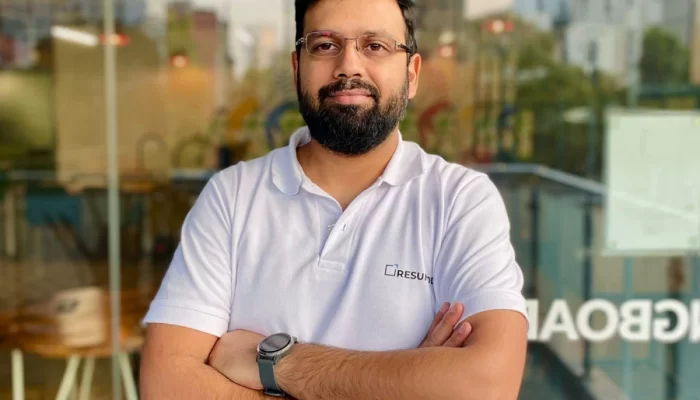In an era where artificial intelligence reshapes reality, India confronts the deepfake menace, proposing stringent regulations to curb its misuse on social media, following a high-profile case involving actress Rashmika Mandanna.

In an increasingly digital world, the advent of deepfake AI technology poses a new and formidable challenge. This technology, capable of blurring the lines between reality and fabrication, has become a significant concern in India, particularly following a recent deepfake incident involving actress Rashmika Mandanna. Responding to the growing threat, the Indian government is poised to enact regulations targeting the proliferation of deepfakes, especially on social media platforms.
Government’s Response to Deepfake Technology
On November 23, 2023, Union IT Minister Ashwini Vaishnaw announced the government’s intention to introduce specific regulations to control the spread of deepfakes. Recognizing these manipulations as a new threat to democracy, Vaishnaw’s announcement marks a significant step in India’s proactive approach to this evolving digital challenge. The planned regulations aim to hold social media platforms accountable for the spread of deepfake content, a move that could reshape how these platforms monitor and manage user-generated content.
Accountability for Social Media Platforms
Under the proposed regulations, social media giants like Facebook, Instagram, and Twitter will face increased scrutiny and responsibility. They will be required to detect, filter, and appropriately label or watermark deepfake content to prevent the spread of misinformation. This move signifies a shift in the responsibility for content monitoring, from individual users to the platforms that host the content.
Also read: AI Tools on the Cusp of Mainstream Adoption: Midjourney, ChatGPT, and Bard Lead the Way.
The Catalyst: Rashmika Mandanna’s Deepfake Incident
The urgency of the government’s response was partly triggered by a deepfake video involving Rashmika Mandanna, which garnered significant attention and concern. In this incident, Mandanna’s likeness was falsely used in a video, demonstrating the potential for misuse of deepfake technology. This case prompted the IT Minister to summon social media platforms, emphasizing the need for a collaborative approach to tackle this issue.
Towards a Legislative Framework
The government’s approach is expected to involve a mix of new laws, amendments to existing rules, or the introduction of new regulations tailored to deepfake technology. The consensus during discussions with social media companies pointed towards the necessity of labeling and watermarking deepfake content as a viable solution to mitigate risks.
Ongoing Efforts and Challenges
The fight against deepfake technology extends beyond legislative measures. It encompasses public awareness, technological innovation in detection tools, and collaborative efforts across various sectors. Tools like Microsoft’s Video Authenticator, Reality Defender 2020 (RD2020), and Deepware Scanner remain at the forefront of detecting and mitigating the risks associated with deepfakes.
The Indian government’s initiative to regulate deepfake technology represents a critical step in addressing the challenges posed by this advanced AI capability. As the world grapples with the implications of AI in spreading misinformation, India’s response serves as a model for other nations facing similar challenges. The case of Rashmika Mandanna is not just a singular event but a reminder of the broader implications of unchecked technology. The commitment to developing a robust regulatory framework highlights the importance of a combined effort in preserving the integrity of information in the digital age.
Also read: Artofia – AI Artist Imagines Animated Version of Shark Tank India Judges with their Epic Responses.
Disclaimer: (This article was generated by AI using inputs and verified checks from the editor of this publication)









